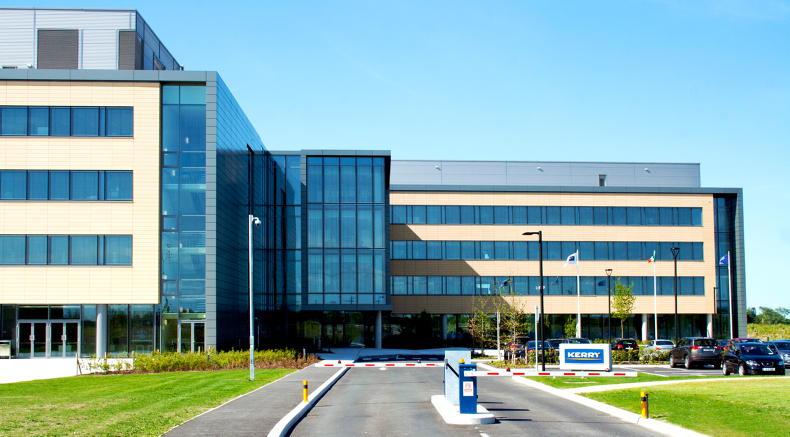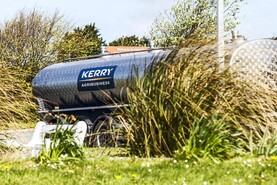Shares in Kerry Group dropped by a quarter this year. In December, they fell below €85 for the first time since 2018. There’s not much can be said that will put a positive spin on a performance.
It might be some comfort to shareholders to know that group CEO Edmond Scanlon is sharing their pain, having purchased €1.1m worth of shares a year ago.
Clearly, there were high hopes for 2022 following the sale of its meat and meals division to US Pilgrim’s Pride in 2021 as the company made a strategic decision to concentrate on high-margin businesses.
The problem for Kerry Group with high-margin businesses is that they usually need a healthy consumer to purchase their high-margin products.
This year’s inflation has seriously curtailed that consumer health.
While company’s interim statement released in October showed that Kerry still has strong pricing power, enabling it to pass some costs on to consumers, the rapid rise in those input prices has cut the group’s net margin – meaning it is less profitable.
The low stock price is also a challenge for Kerry Group as it tries to come to a deal with the co-op about the future of the Irish dairy business.
Co-op shares are valued at 5.9 group shares, meaning one co-op share, which started the year at €690 is now worth around €500.
Looking at Glanbia, the best that can be said about the performance is that it was better than Kerry.
A rally in shares mid-year after an upbeat report failed to hold, with the interim management statement in November showing that sales volumes barely grew. In the key performance nutrition division, volumes actually slipped as prices grew almost 15%.
There is no doubt both companies face further challenges in 2023, which we will be writing about in the new year.
Shares in Kerry Group dropped by a quarter this year. In December, they fell below €85 for the first time since 2018. There’s not much can be said that will put a positive spin on a performance.
It might be some comfort to shareholders to know that group CEO Edmond Scanlon is sharing their pain, having purchased €1.1m worth of shares a year ago.
Clearly, there were high hopes for 2022 following the sale of its meat and meals division to US Pilgrim’s Pride in 2021 as the company made a strategic decision to concentrate on high-margin businesses.
The problem for Kerry Group with high-margin businesses is that they usually need a healthy consumer to purchase their high-margin products.
This year’s inflation has seriously curtailed that consumer health.
While company’s interim statement released in October showed that Kerry still has strong pricing power, enabling it to pass some costs on to consumers, the rapid rise in those input prices has cut the group’s net margin – meaning it is less profitable.
The low stock price is also a challenge for Kerry Group as it tries to come to a deal with the co-op about the future of the Irish dairy business.
Co-op shares are valued at 5.9 group shares, meaning one co-op share, which started the year at €690 is now worth around €500.
Looking at Glanbia, the best that can be said about the performance is that it was better than Kerry.
A rally in shares mid-year after an upbeat report failed to hold, with the interim management statement in November showing that sales volumes barely grew. In the key performance nutrition division, volumes actually slipped as prices grew almost 15%.
There is no doubt both companies face further challenges in 2023, which we will be writing about in the new year.






 This is a subscriber-only article
This is a subscriber-only article










SHARING OPTIONS: